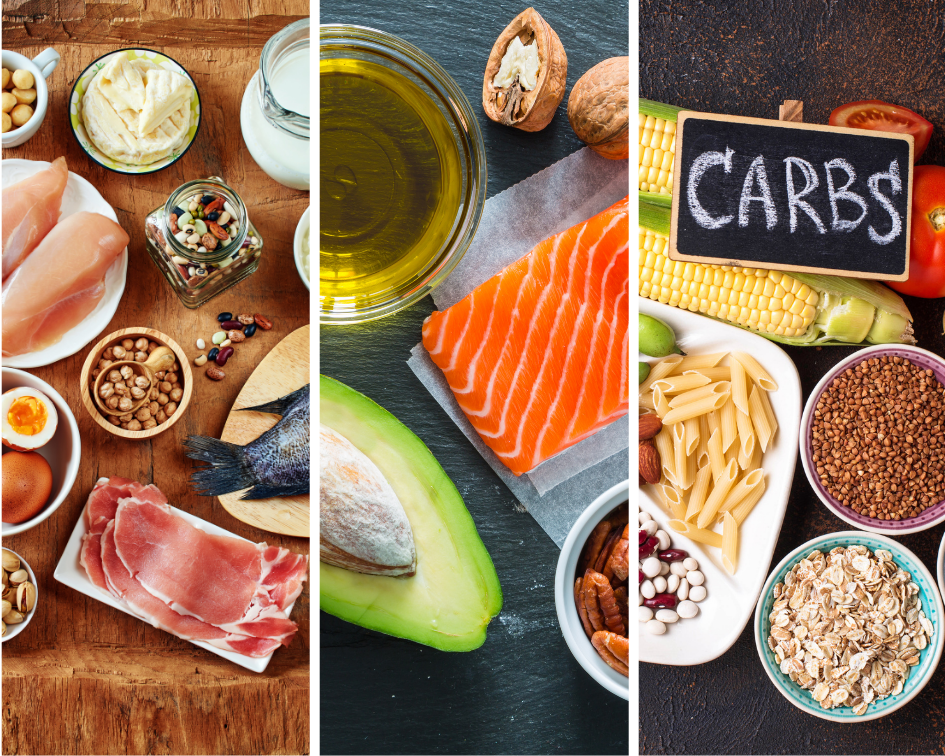
Nutrition Myths Debunked: Separating Fact from Fiction
In our era of information overload, separating fact from fiction when it comes to nutrition can be a daunting task. We’re bombarded with diet fads, conflicting advice, and ever-evolving research findings. As a result, it’s easy to fall prey to nutrition myths that can lead us down the wrong dietary path. In this comprehensive blog, we’ll debunk some of the most common misconceptions about nutrition and provide evidence-based practices for a balanced diet. Whether you’re looking to lose weight, boost energy, or simply maintain your health, understanding the truth about nutrition is essential for making informed choices.
Myth 1: Carbs Are the Enemy
One of the most persistent nutrition myths is the vilification of carbohydrates. While it’s true that excessive consumption of refined carbs can lead to weight gain and blood sugar spikes, not all carbs are created equal. Complex carbohydrates found in whole grains, fruits, and vegetables provide essential nutrients and fiber crucial for overall health. These foods can help stabilize blood sugar levels and provide sustained energy throughout the day.
Myth 2: You Must Avoid Fat to Lose Weight
The idea that all fats are bad for you is another common misconception. In reality, healthy fats are an essential part of a balanced diet. Sources of healthy fats include avocados, nuts, seeds, and fatty fish like salmon. These fats are rich in omega-3 fatty acids, which have been linked to improved heart health, brain function, and weight management.
Myth 3: Skipping Meals Helps with Weight Loss
Skipping meals may seem like a shortcut to weight loss, but it can actually have the opposite effect. When you skip meals, your metabolism slows down, and you’re more likely to overeat later in the day. Instead, focus on eating regular, balanced meals and snacks to keep your metabolism revved up and your energy levels stable.
Myth 4: All Calories Are Equal
Not all calories are created equal when it comes to nutrition. While calorie counting can be a useful tool for weight management, the source of those calories matters. A hundred calories of sugar will affect your body differently than a hundred calories of vegetables. Quality matters as much as quantity when it comes to calories.
Myth 5: All Protein Is the Same
Protein is essential for muscle repair, immune function, and overall health. However, not all sources of protein are equal. While animal sources like lean meats, fish, and dairy are complete proteins, meaning they contain all essential amino acids, plant-based sources like beans, tofu, and quinoa can also provide complete proteins when combined strategically.
Myth 6: A Detox Diet Will Cleanse Your Body
Detox diets and cleanses often promise to rid your body of toxins and boost your health. However, the human body is equipped with a sophisticated detoxification system, primarily the liver and kidneys. There’s no scientific evidence to support the idea that detox diets are necessary or effective. Instead, focus on eating a balanced diet rich in antioxidants and nutrients to support your body’s natural detoxification processes.
Myth 7: Supplements Can Replace a Balanced Diet
While supplements can be valuable in filling nutrient gaps, they should not replace a balanced diet. Whole foods offer a wide range of vitamins, minerals, and phytonutrients that work together synergistically. Supplements should be used to complement your diet, not replace it.
Myth 8: Gluten-Free Means Healthier
Gluten-free diets are essential for individuals with celiac disease or gluten sensitivity. However, for the general population, going gluten-free is unnecessary and can lead to nutrient deficiencies. Many gluten-free processed foods are high in sugar and low in fiber. If you don’t have a medical reason to avoid gluten, focus on whole grains that contain gluten, like whole wheat, barley, and rye, for their nutritional benefits.
Myth 9: You Need to Eat Meat for Protein
While meat is a rich source of protein, there are plenty of plant-based sources of protein available. Legumes, tofu, tempeh, and seitan are excellent protein alternatives for vegetarians and vegans. By combining a variety of plant-based protein sources, you can easily meet your protein needs.
Myth 10: All Sugar Is Bad
Sugar is a hot topic in nutrition, and for a good reason. Excessive added sugar intake has been linked to various health issues, including obesity and diabetes. However, not all sugars are created equal. Natural sugars found in fruits come packaged with fiber, vitamins, and antioxidants, making them a healthier choice than added sugars found in sugary snacks and beverages. The key is to limit added sugars in your diet while enjoying natural sugars in moderation.
Navigating the world of nutrition can be challenging, but by debunking these common myths and embracing evidence-based practices, you can make informed choices that support your health and well-being. Remember that a balanced diet is about variety, moderation, and mindful eating. By focusing on whole, nutrient-dense foods and listening to your body’s hunger and fullness cues, you can achieve your nutrition goals and maintain a healthy lifestyle. Don’t let nutrition myths steer you off course; prioritize a balanced, sustainable approach to eating for better health.







